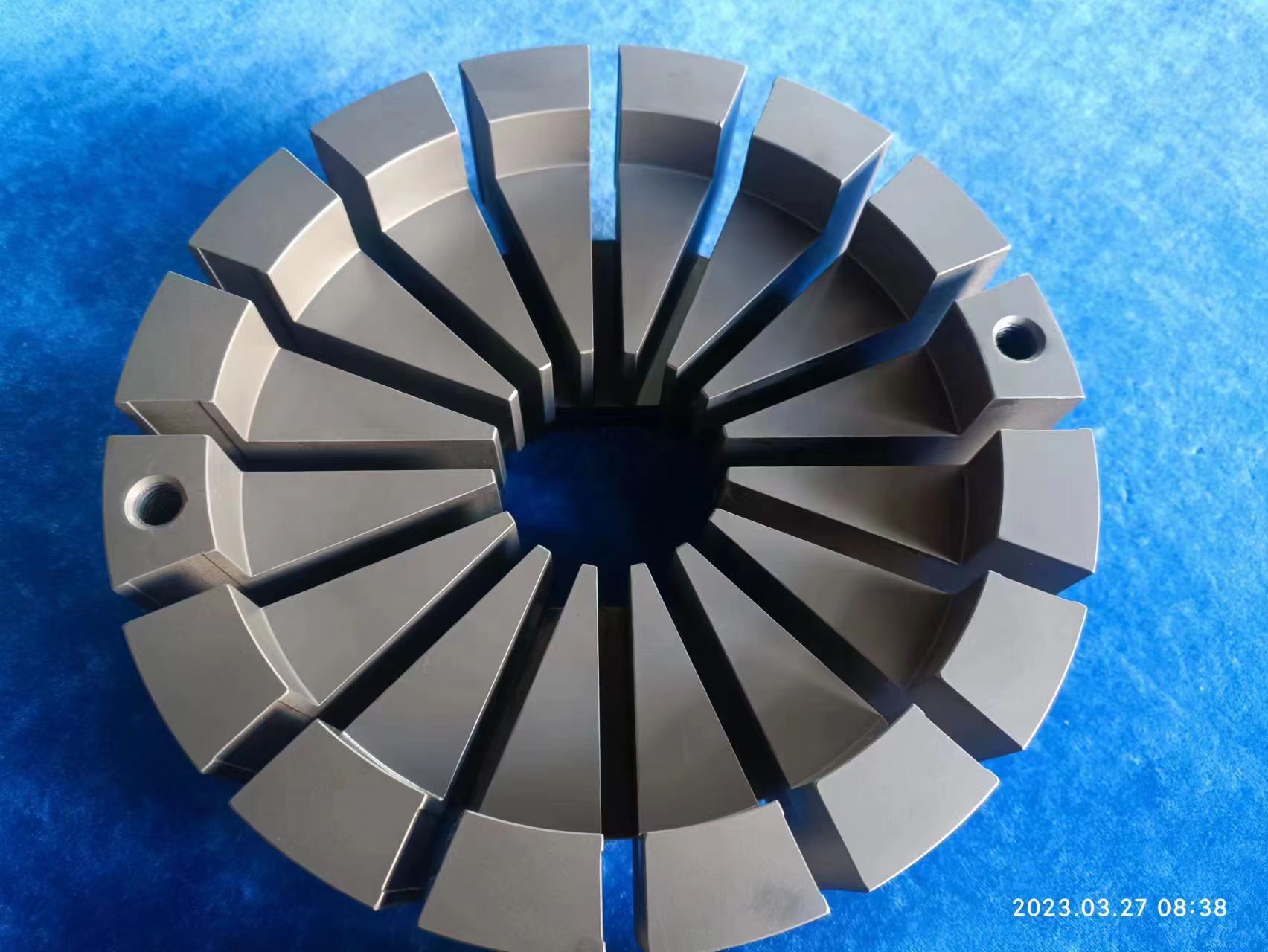
Nov. . 08, 2024 03:33 Back to list
Leading Manufacturers of High-Quality Meat Mixers for Commercial Food Processing
Understanding Meat Mixer Manufacturers A Key Player in the Food Industry
In the world of food production, especially within the meat processing industry, meat mixers play an indispensable role. These machines are essential for blending various ingredients, ensuring that flavors are evenly distributed, and achieving the desired consistency for various meat products. As the demand for high-quality meat products continues to rise, so does the importance of reliable meat mixer manufacturers. This article delves into the significance of these manufacturers, their technology, and the factors to consider when choosing a meat mixer.
The Role of Meat Mixers in Food Production
Meat mixers are designed to efficiently mix raw meat with spices, marinades, and other ingredients. This process is vital for creating products such as sausages, meatballs, and ground meats, where uniformity in texture and flavor is paramount. A well-mixed product ensures consistency in taste and quality, which ultimately determines customer satisfaction.
The functionality of meat mixers can vary, ranging from small-scale, manual machines to large, industrial-sized equipment designed for mass production. Regardless of the size, the core purpose remains the same to ensure that the mixing process is quick, efficient, and hygienic.
The Importance of Quality in Manufacturing
When choosing a meat mixer, quality should be the foremost consideration. Manufacturers that specialize in meat processing equipment typically adhere to strict safety and hygiene standards, crucial in the food industry. High-quality mixers are often constructed from durable, food-grade materials that can withstand the rigors of daily use while preventing contamination.
Moreover, leading meat mixer manufacturers invest significantly in research and development to innovate and improve their equipment. This continuous evolution in technology allows for the production of mixers that are not only efficient but also energy-saving, which can significantly reduce operational costs for processing plants.
Technological Innovations
The landscape of meat mixing technology is rapidly evolving. Modern meat mixers now incorporate advanced technologies such as automation, which can streamline operations and reduce labor costs. Automated systems allow for precise control over mixing times and speeds, leading to consistent product quality.
meat mixer manufacturers

Additionally, some manufacturers offer hybrid mixers that combine traditional mixing methods with state-of-the-art technology, such as vacuum mixing. Vacuum mixing removes air from the mixing chamber, which can enhance the binding of ingredients, resulting in a superior product.
Choosing the Right Manufacturer
Selecting the right meat mixer manufacturer is pivotal for ensuring your operation runs smoothly and efficiently. Here are some crucial factors to consider
1. Reputation Research the manufacturer's reputation in the industry. Look for customer reviews and testimonials, and consider reaching out to other businesses for recommendations.
2. Product Range A manufacturer that offers a variety of mixers can provide tailored solutions for specific processing needs. Whether you require a small mixer for artisanal production or a large mixer for mass production, having options is beneficial.
3. After-Sales Support Reliable after-sales support is essential. Ensure that the manufacturer provides excellent customer service, maintenance, and spare parts availability. This support will minimize downtime and keep your production line running smoothly.
4. Compliance and Certification Verify that the manufacturer complies with industry standards and regulations. Certifications ensure that the equipment meets safety and hygiene benchmarks crucial for food processing.
Conclusion
In summary, meat mixer manufacturers play a pivotal role in the food industry, specifically in meat processing. Their innovative machines contribute to the quality and efficiency of meat products, ultimately affecting customer satisfaction and business success. By understanding the essentials of meat mixers and selecting a reputable manufacturer, businesses can ensure they meet the high demands of today's market while maintaining quality and safety standards. Investing in the right equipment is not just a choice but a necessity in today's competitive food production landscape.